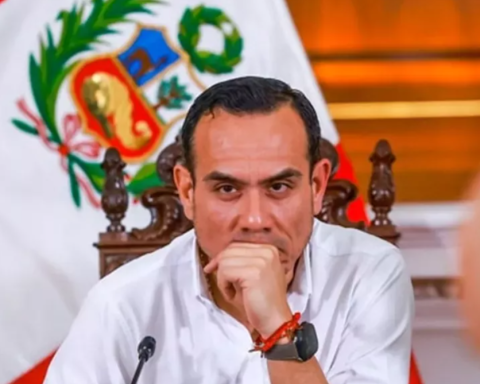One of the spaces that grew the most in the crypto industry in recent years was the international remittances. The ease of sending digital assets and the constant depreciation of fiat currencies made them one of the most popular options for people to send money from one country to another. In Latin America, cross-border crypto movements grew by 900% in the last 12 months.
According to a recent exchange report Coinpay.cr, Venezuela, Argentina, Brazil, Mexico or El Salvador are the countries where it has grown the most the number of crypto remittances. Most come from the United States, where the outflow of money from immigrants to their families quadrupled from the start of the pandemic ($100 million) to the end of last year ($400 million).
“Remittance and cryptocurrency transactions have grown between 800% and 900% in a single year. If you know how to have a good approach and the country promotes it in the right way, it can be widely accepted since it is easier than resorting to traditional systems”, explained Jorge Pasapera, founding partner of Coinpay.cr, in dialogue with Forbes. .
However, it is necessary to point out that the use of cryptocurrencies in the remittance market has its downside. Crypto operations are often subject to high transaction costs, as well as significant commissions from ATMs in order to collect the money. Also, transfers are not usually instant, but can take up to three days to complete.
According to data from StatisticalVenezuela, Argentina and Colombia are the three Latin American countries that use cryptocurrencies the most. The countries register year-on-year inflation of 686%, 51% and 5.6%, respectively, and digital assets have emerged as an attractive option for many small investors to safeguard the value of their savings.
For this reason, several governments in the region are working on new taxes on the crypto market to fatten state coffers. The last to do so was Venezuela, which approved a few days ago the Tax on Large Financial Transactions (IGTF), which provides for a tax of between 2% and 20% that operations carried out in dollars or cryptocurrencies such as the bitcoin (BTC).
















